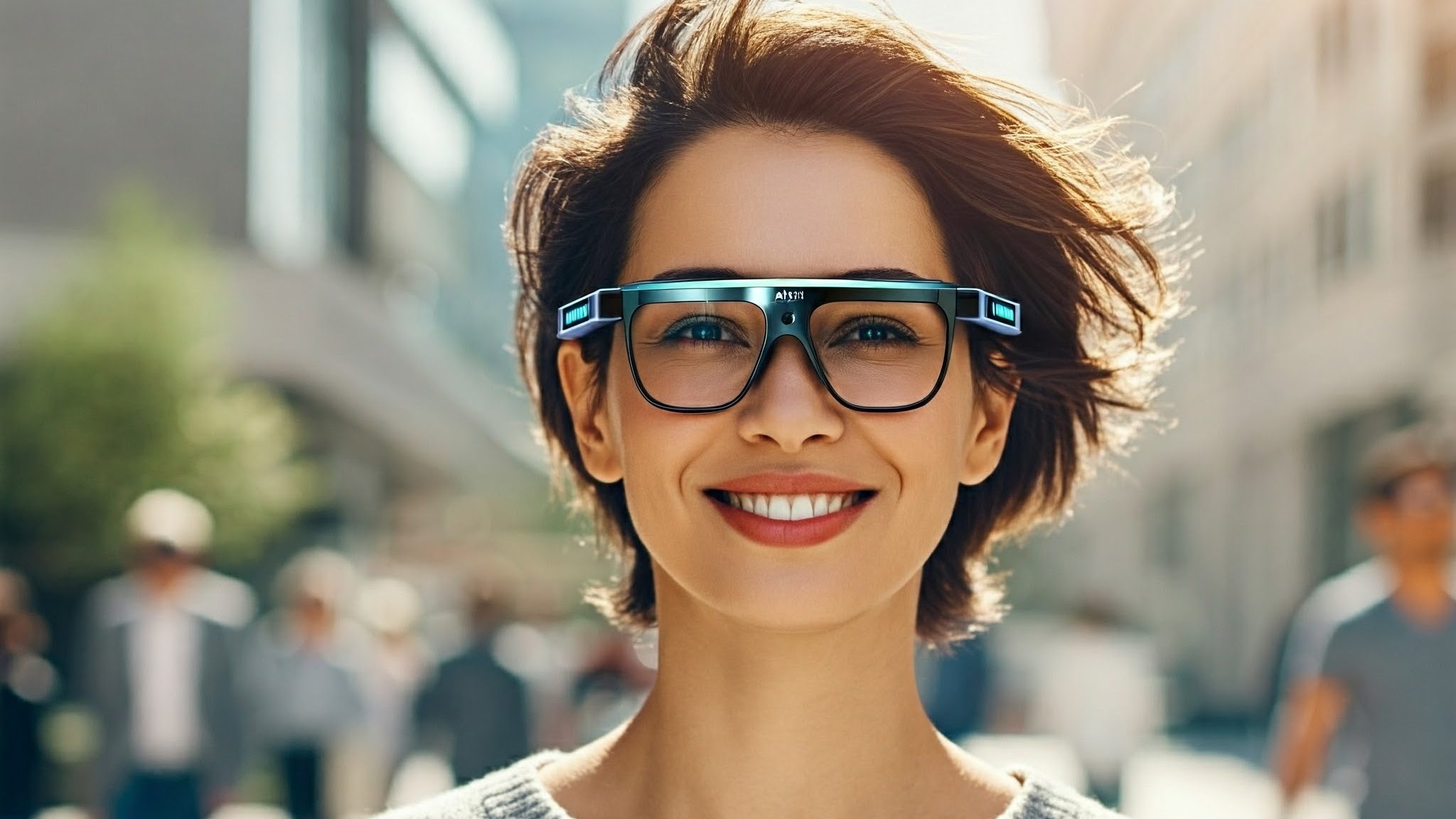The future is looking bright, or rather, it’s looking through a pair of AI-powered glasses. These aren’t your grandpa’s bifocals; we’re talking real-time translation, facial recognition, and maybe even a heads-up display of your next Tinder match’s dating profile (creepy or cool? You decide). But as we step into this brave new world of wearable tech, we can’t ignore the elephant in the room: privacy.
Remember that awkward phase with Google Glass? People were understandably freaked out by the idea of being unknowingly recorded. Now, imagine those glasses with even more capabilities. Suddenly, every conversation, every glance, every embarrassing trip on the sidewalk could be captured and potentially shared. It’s like having a tiny, all-seeing eye perched on your nose.
This is a growing concern, particularly with the rise of affordable AI glasses from Chinese companies. We might not even be able to tell who’s wearing these smart glasses at all, let alone who’s recording. Mike Elgan wrote that “Even Ray-Ban Meta glasses have a bright light that indicates when the camera is taking a picture or recording video, a system easily foiled, according to hundreds of how-to videos on TikTok” [1]. Yikes.
And it’s not just about covert recording. AI glasses could collect a treasure trove of personal data – where we go, what we look at, even our emotional reactions. This information could be incredibly valuable to advertisers, but it also raises serious questions about who owns our data and how it’s used. On top of that, where is this data stored and how easily can bad actors access this data illegally? This is almost as scary as Microsoft recording every move with Microsoft Recall.
So, how do we balance the exciting possibilities of AI glasses with the very real concerns about privacy? The answer lies in responsible development and clear ethical guidelines. Tech companies need to prioritize privacy by design, building in safeguards to prevent misuse and giving users control over their data.
We also need to establish new social norms around the use of AI glasses. Just like how we learned not to stare at our phones during a conversation, we’ll need to figure out when it’s appropriate to use the various features of our glasses. Maybe it’s okay to discreetly check the time during a meeting, but not to record your boss’s embarrassing dance moves at the office party.
The future of AI glasses is bright, but it’s up to us to ensure that it’s also ethical. By prioritizing privacy, transparency, and responsible use, we can embrace this exciting technology without sacrificing our fundamental rights. So, let’s put on our thinking caps (or maybe our AI glasses) and figure this out together. After all, the future is looking at us.
References
[1] The AI glasses market comes into focus: https://www.computerworld.com/article/3496284/the-ai-glasses-market-comes-into-focus.html




